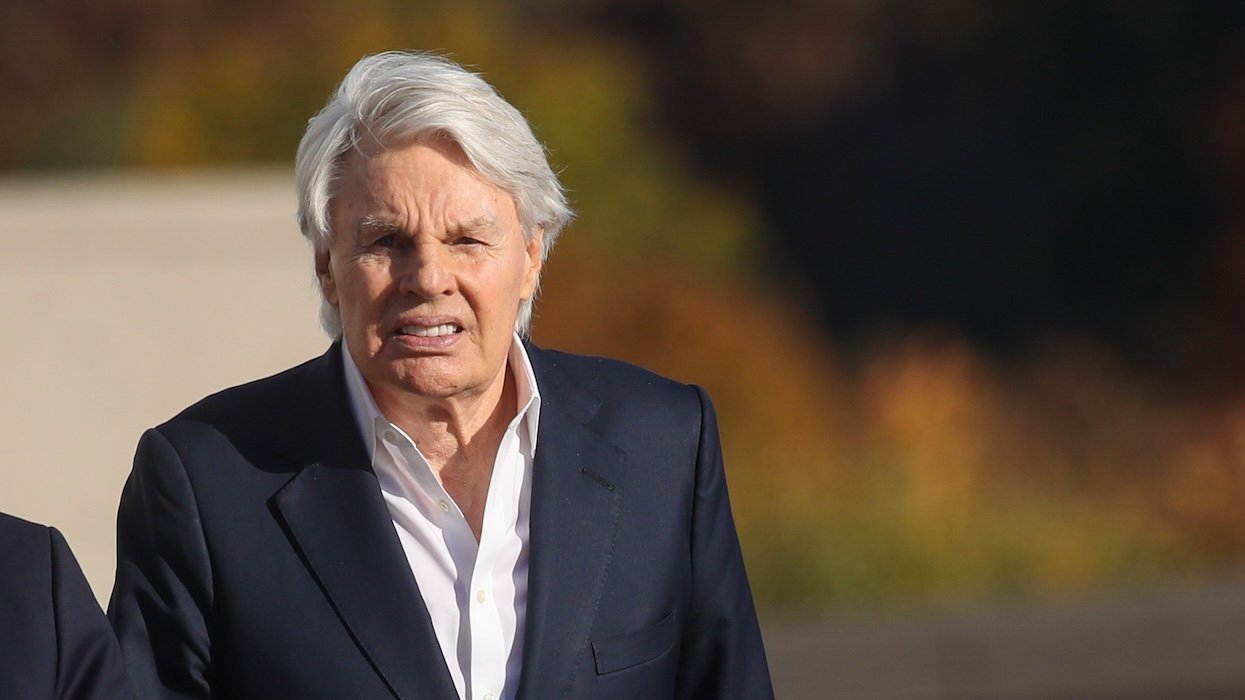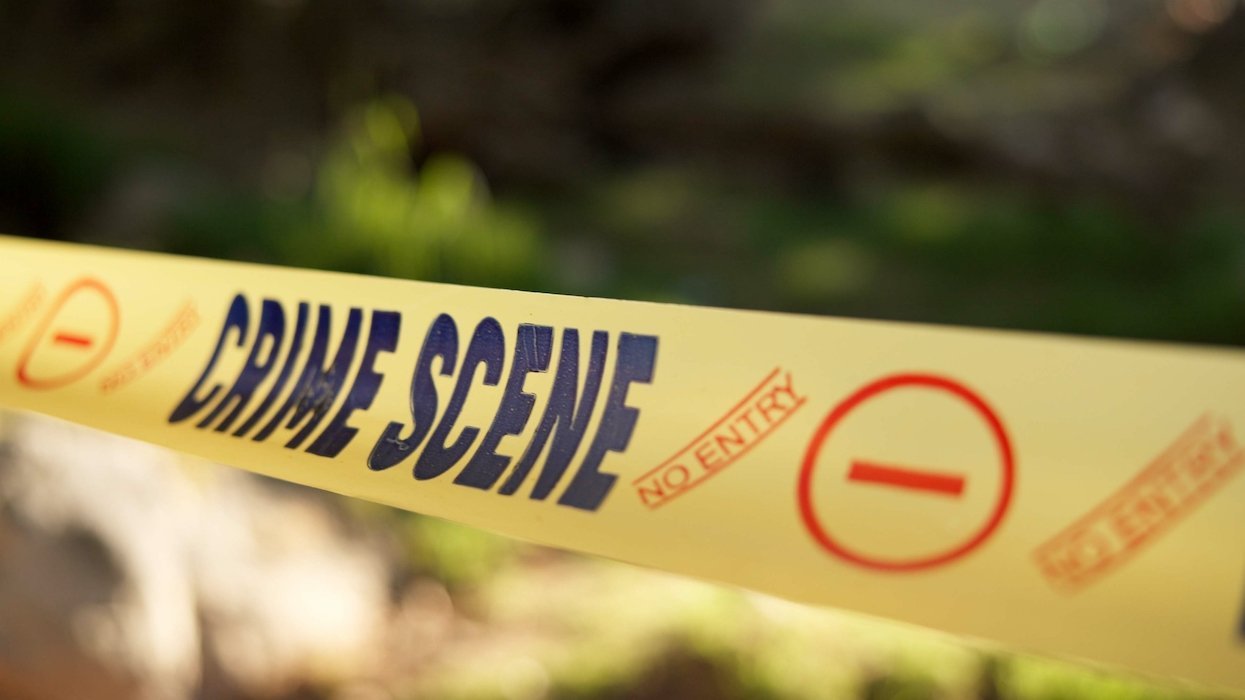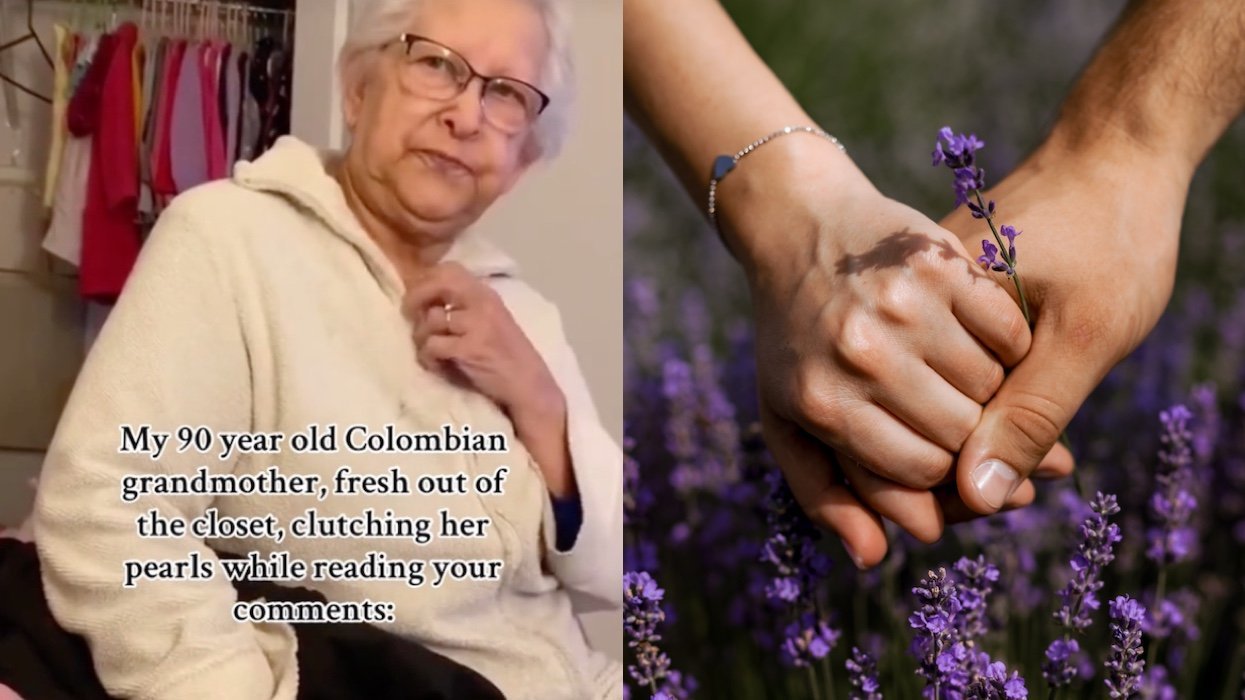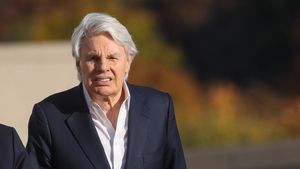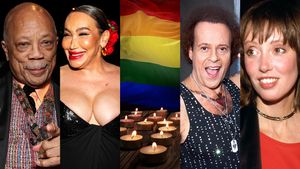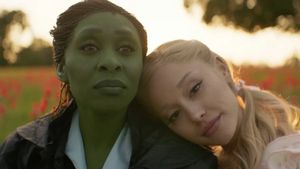The following essay from John Paul Calnan is an excerpt from A Day in May by Charlie Bird.
There were a couple of occasions when I told people I was gay and they reacted very, very badly. All my immediate family were really good. But when the decriminalisation law was passed in 1993 my partner, Dominic, and I did a newspaper interview with a lot of other people. They took photographs of all the people but they subsequently decided to use one photograph, a photograph of me and Dominic.
When the article came out I got a phone call from an aunt. She rang me at work and basically fucked me down the phone for not thinking of her and for going public - 'and now everybody knows', that kind of reaction. She said she never wanted to see me again, and slammed down the phone. I was twenty-eight or twenty-nine at that stage, and I was in a much better place then to deal with that type of reaction. I spoke with my brother, 'Let me tell you what auntie so and so has done.' Today that woman is grand, you know, and she's been grand for years. She has matured a lot. She's in her seventies now. And she apologised to me. It was at her brother's funeral. She told me I was always her favourite, and that's partly why it was so hard for her. She put her hand on my cheek and told me that.
I came out when I was twenty-one. I had a couple of relationships. I was twenty-six when I met Dominic. We fell head over heels in love, and we moved in together five months later. We were together for twenty years, just shy of twenty years. We got married in California in 2008. We had booked a holiday, and our friend Pat said he would join us. We went for three weeks. Pat joined us for the middle week. And when we were there the California Supreme Court changed the law on same-sex marriage. So I proposed to Dominic, and I booked the wedding online. Pat was our witness, and we got married there. That was amazing. It was really, really lovely. We knew coming back to Ireland that it was literally just a piece of paper. We knew that when civil partnership would come in here we would convert or we would register our marriage, and that we would have a party. But that didn't happen. Dominic died a year later. That was extremely difficult.

Dominic took his own life. I found him. And I didn't know, I didn't expect it. Of course, I didn't expect it. Nobody did. He wrote me the most beautiful but tragic note. I say beautiful because he told me how he felt about me and how much I meant to him. And why he was doing this and why he was so unhappy. I have asked myself why so many times. I don't have a simple answer. The reason he gave was very simple, when you read the note, that it was just about work. He was very unhappy at work. And I remember over and over and over again thinking nobody commits suicide because they are unhappy in their job. But then looking back over the previous year, and looking for clues and all that - and in some ways you kind of think in retrospect that the clues were all there, you know. He had developed anxiety. He was a bad sleeper, insomnia. He worried too much about things, and I think there was a huge amount in his past.
He had a brilliant relationship with his mother and his four sisters. He was the eldest. But he had a very difficult relationship with his father. His father was a troubled alcoholic, and his parents split up when he was about fifteen. But I think part of the thing was that he needed to prove himself. He needed to be the strong member in his family, needed to protect his mother and his sisters, and he did that very well. He was very very good to them. But I think partly around the whole area of his job, he felt that he had reached a cul-de-sac, and he needed to be all the time going further. And I think that brought up a lot of things for him, about how he felt about himself. I have talked with his mother about that. I think she agrees that so much of it was coming from his very early years as a child and as a teenager.
The night after Dominic died, and the night I found him, when I came into the house and into the kitchen. On the table was the note. His wedding ring was sitting on top of the note. He never took it off. He wore it the whole time. And it was sitting on top of the note. I put it on almost straight away. And I have kept it on all the time. I miss Dominic hugely. Like, all the time.

When we got married we did it for ourselves. It did add an extra, I don't know, a kind of status or depth or something to the relationship. That was really nice, to be able to get married, like your siblings had got married. Dominic died in 2009. Civil partnership came in, I think, the following year. But civil partnership began for existing relationships that existed from that day. Dominic's death certificate, under marital status, says that he died single. But everybody knows that Dominic and I were a married couple. We were very content and happy in our relationship.
I did everything I could to change the death certificate. I spoke with the coroner. I spoke with the Equality Authority. I rang the Department of Justice. Saying, like you know, I'm married. I have the paper to prove it. But nobody could do anything about it. The way the Equality Authority put it was you have to have a law in place that you can challenge and, in this case, there is nothing to challenge. The coroner actually held off issuing the death certificate. He said, 'You come back to me whenever but all I can do is issue it until I am directed to do otherwise.'
I'm wondering again, now that marriage is open to everyone, would I be able to register my foreign marriage, like anybody else? My sister was married in the US. She subsequently divorced. But when she came back she just registered her marriage. What we got [with the referendum] in May was absolutely huge. But this would just be for me. It would be really special, just to have that officially stamped. Because Dominic was a married man when he died.
Excerpted from A Day in May: Real Lives, True Stories by Charlie Bird, out June 1.
 John Paul Calnan is fifty-two years old. He married Dominic in San Francisco in 2008 after twenty years together. John Paul played a major role in the marriage equality referendum in Cork.
John Paul Calnan is fifty-two years old. He married Dominic in San Francisco in 2008 after twenty years together. John Paul played a major role in the marriage equality referendum in Cork.
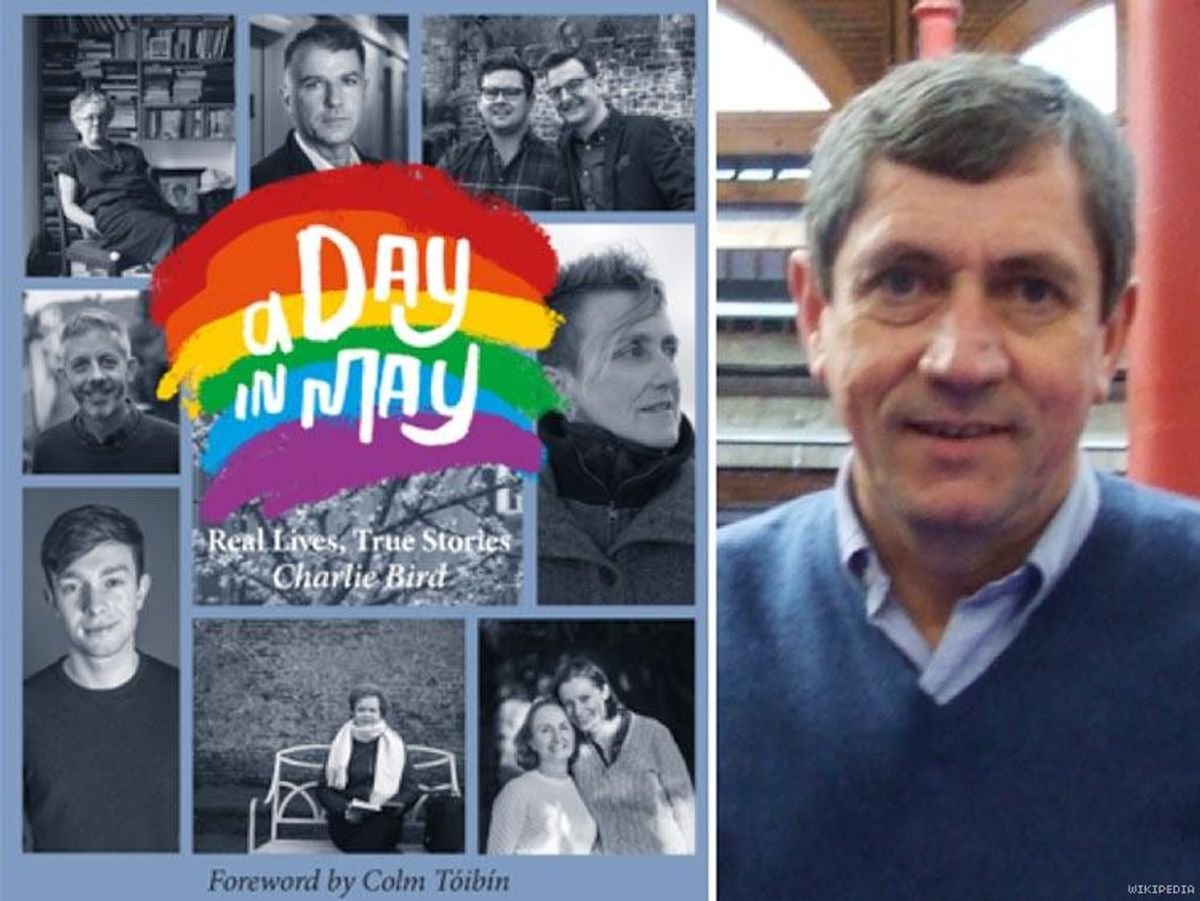

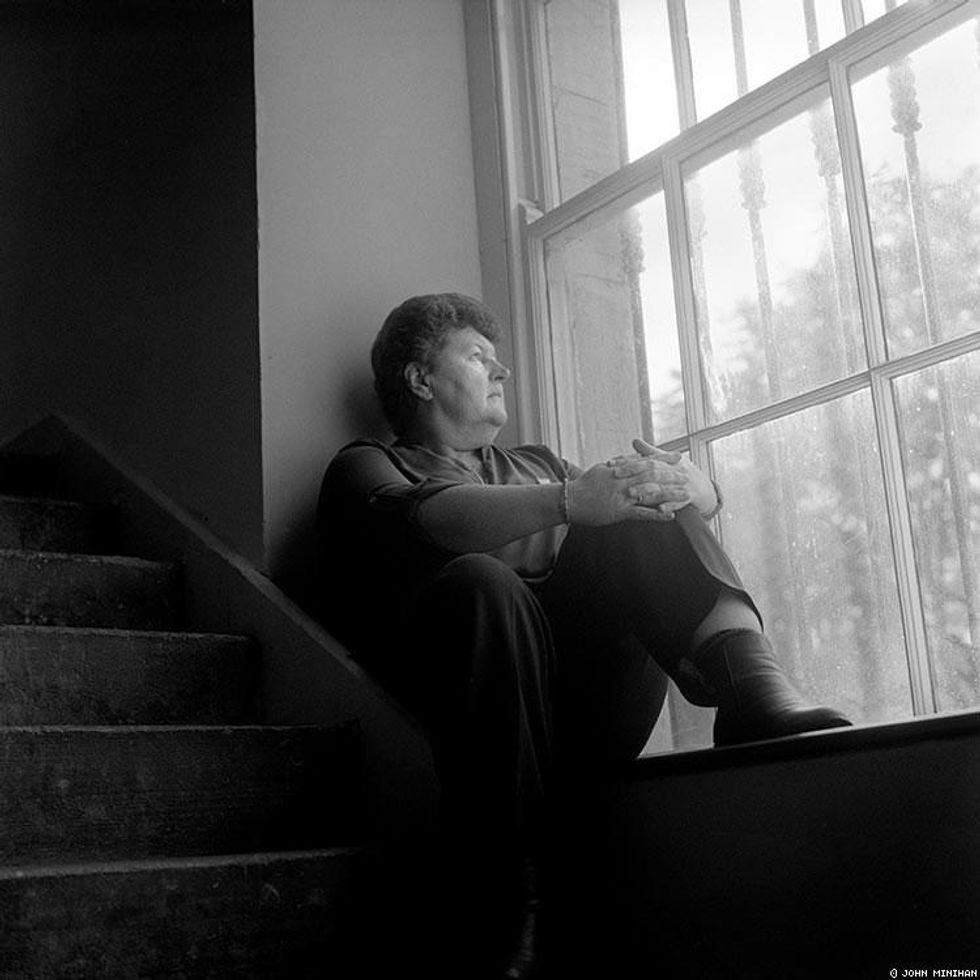
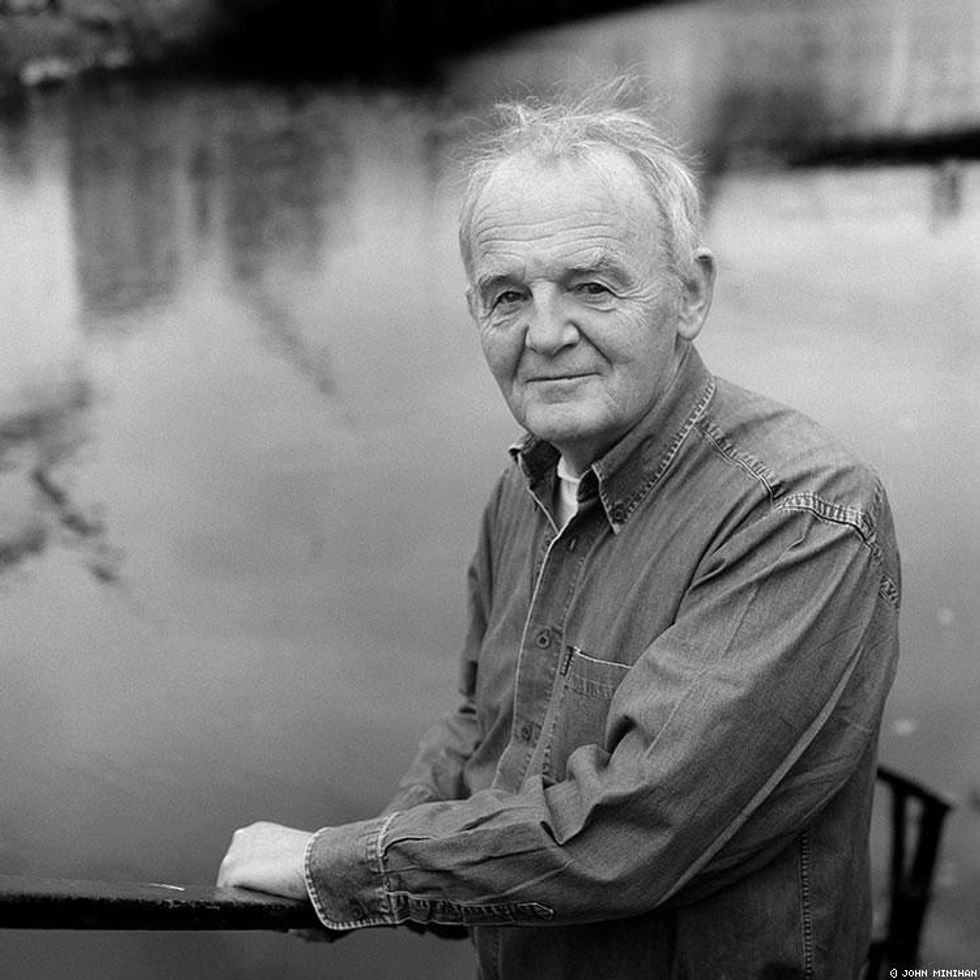
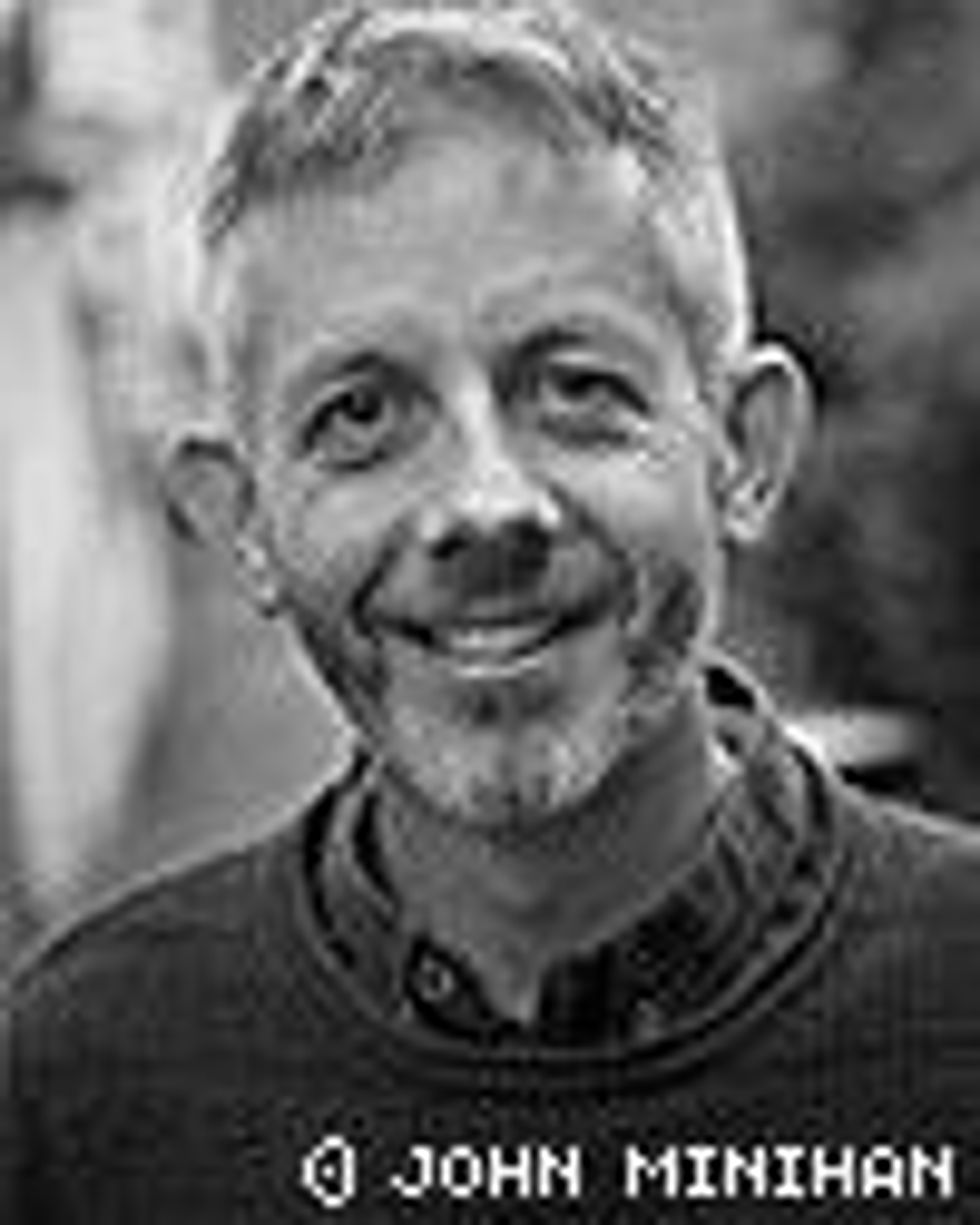 John Paul Calnan is fifty-two years old. He married Dominic in San Francisco in 2008 after twenty years together. John Paul played a major role in the marriage equality referendum in Cork.
John Paul Calnan is fifty-two years old. He married Dominic in San Francisco in 2008 after twenty years together. John Paul played a major role in the marriage equality referendum in Cork.


























